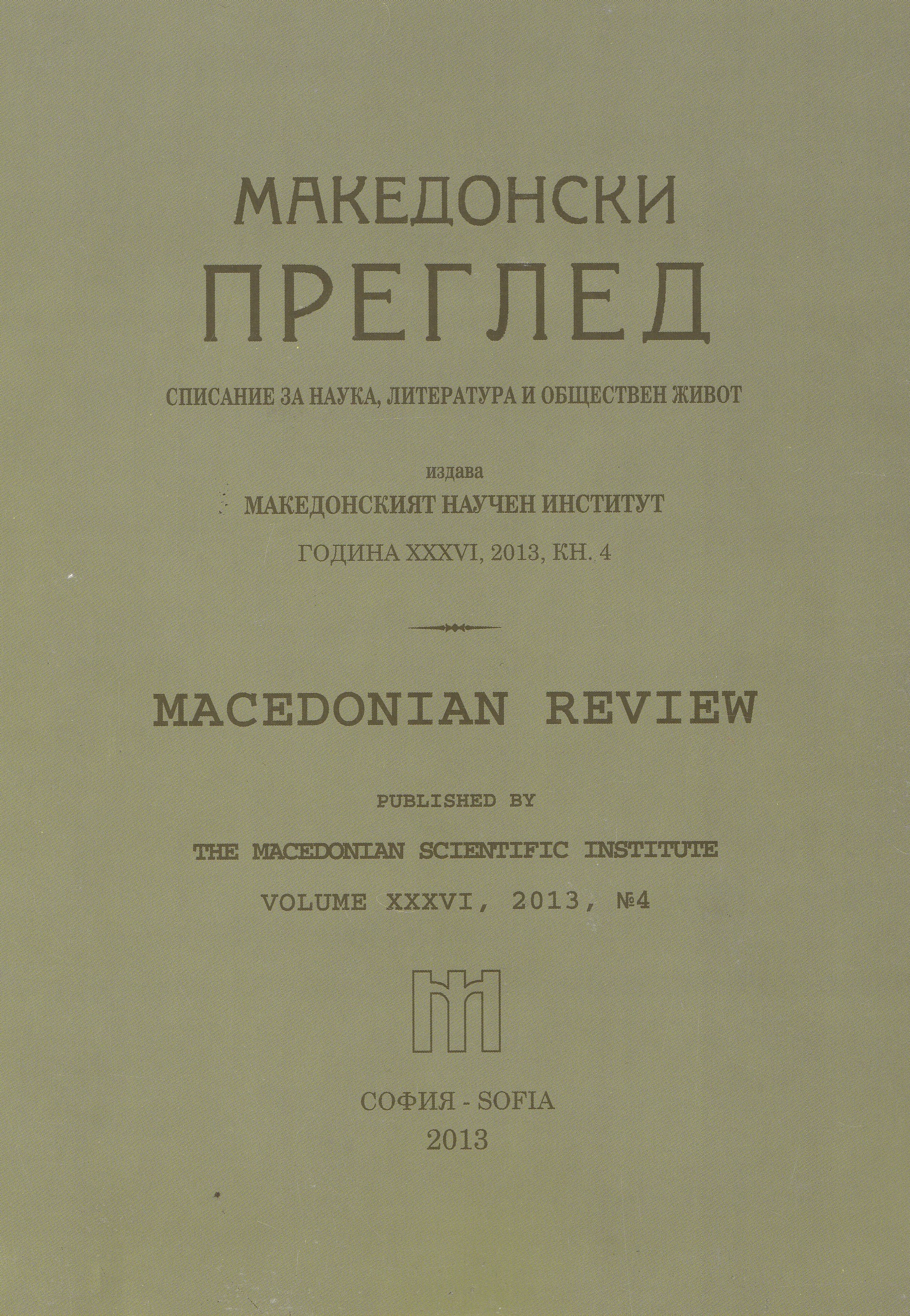
Приносът на генерап Михаил Д. Скобелев за полагане основите на Третата българска държава
In 2013 we celebrated 170 years since the birth of the famous Russian general Mikhail Dmitrievich Skobelev.
More...We kindly inform you that, as long as the subject affiliation of our 300.000+ articles is in progress, you might get unsufficient or no results on your third level or second level search. In this case, please broaden your search criteria.

In 2013 we celebrated 170 years since the birth of the famous Russian general Mikhail Dmitrievich Skobelev.
More...
Along with the differences between the various organizational units of the territoryin relation to the time and manner of conducting the fighting, Ilinden Uprising and its leaders largely reminiscent of the April Uprising and the apostles of the Bulgarian Revolutionary Central Committee.
More...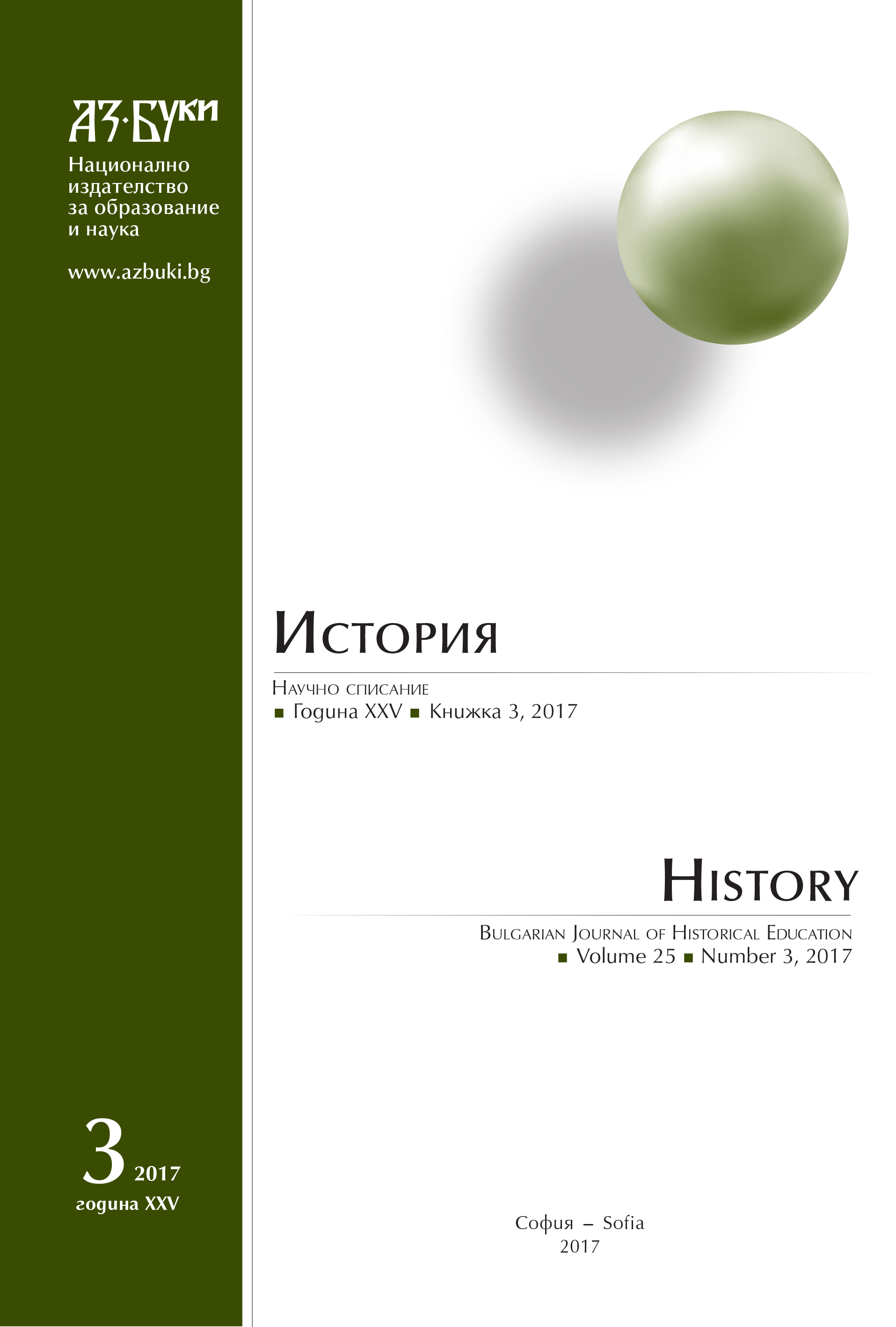
The current article focuses on the reasons why Fyodor Dostoevsky believe Russia have to intervene in Balkan affairs and defend the orthodox slaves and their cause after the anti-ottoman April uprising, which took place in the south Danube lands of the empire in 1876.
More...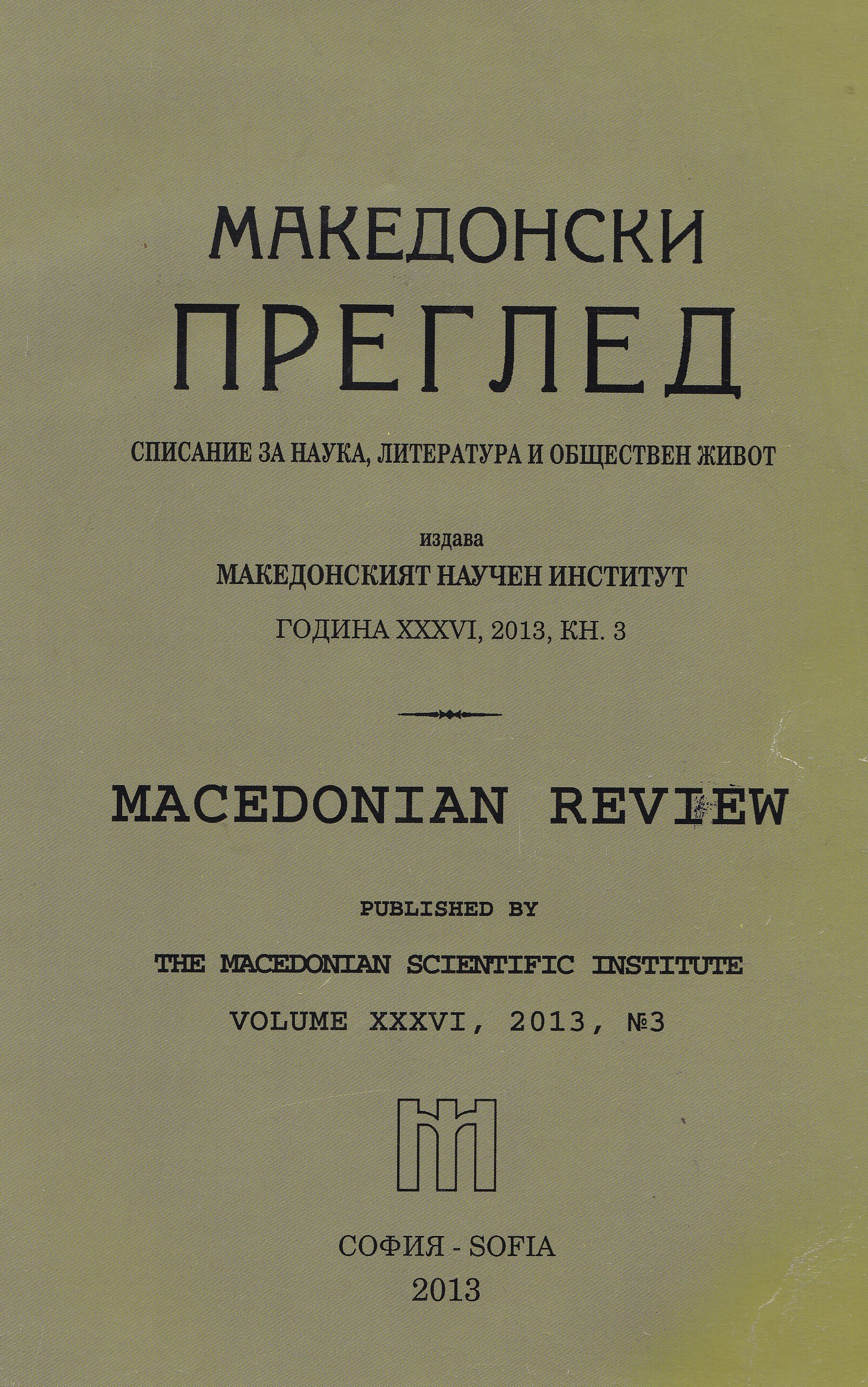
Apostleship is an important factor in the development of Bulgarian politicalprocess during the Renaissance. Its leading representatives - Vasil Levski, Atanas Uzunov,Stefan Stambolov, Benkovski, Zahari Stoyanov and others realized one of the biggestachievements of the Bulgarian national liberation revolution.
More...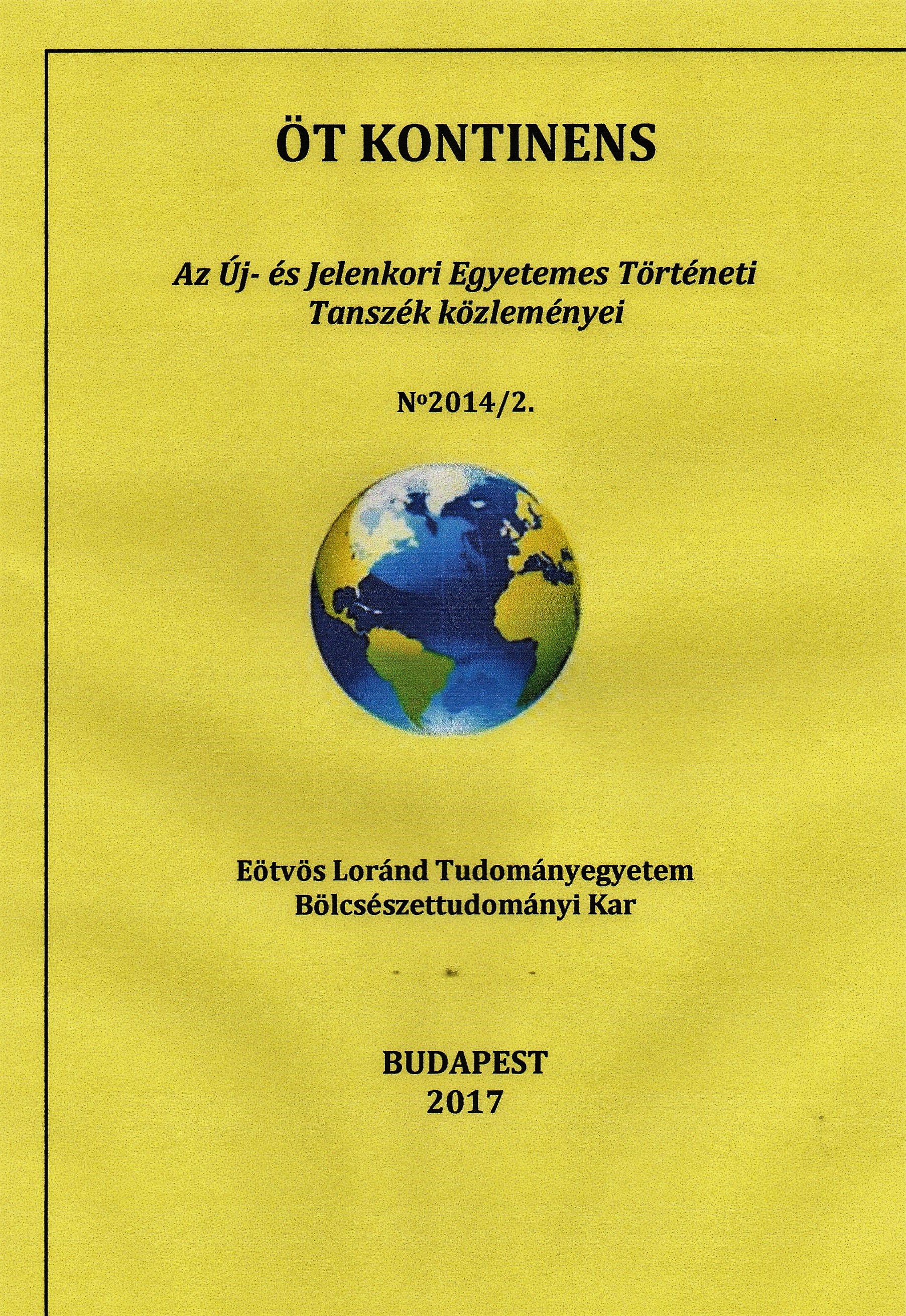
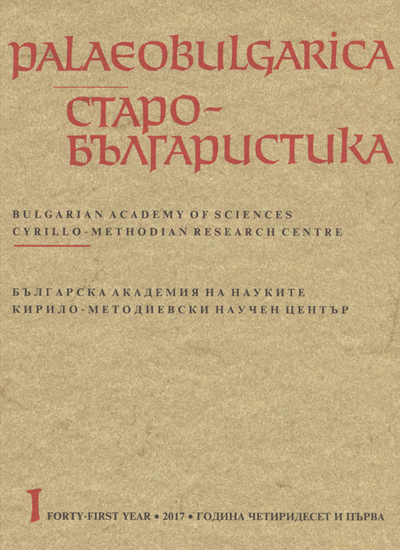
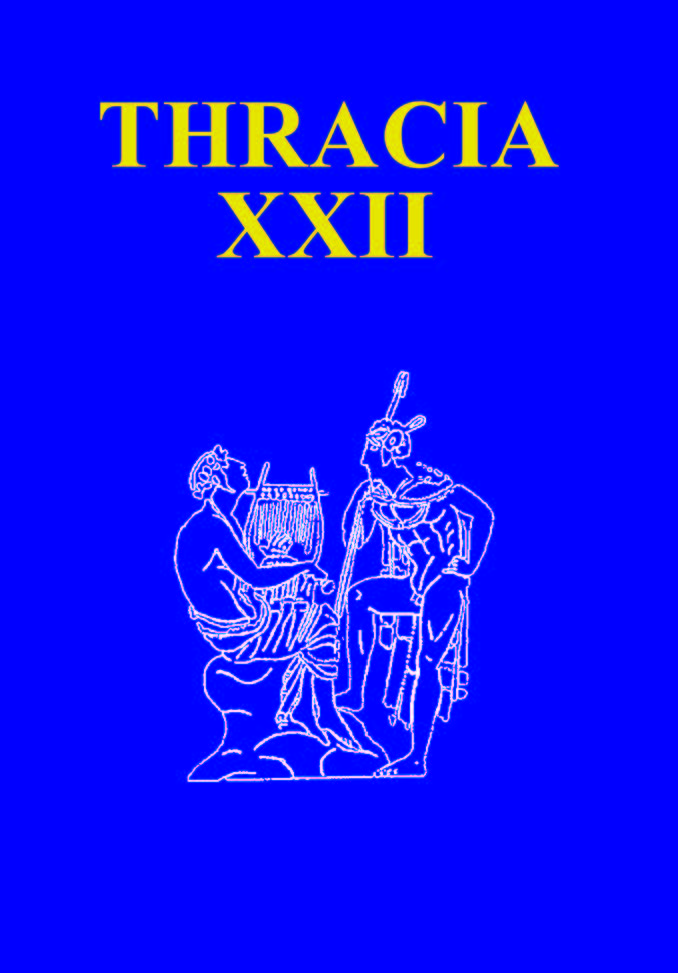
During the centuries of pre-Hellenism (mid-6th century BC until the ’thirties of the 4th century BC), the two most important characteristics of the period developed, namely those of polis and of empire. Both state forms – polis and ethnos – tried to act as empires. The picture of Thracian society in Southeastern Europe during the period of Hellenism (the ’thirties of the 4th century BC until 27 BC) and post-Hellenism (late 1st century BC – end of 2nd century AD) was different compared to known pictures in Macedonia and Hellas. The main difference consists in the fact that in Thrace – in addition to the monarchic early class empires like the kingdoms of the Odrysae and of the Getae – there were many more ethnic communities (of the Bessi, Dardanioi, Maidoi, etc.), who tried to be an integral part of the historical period by constantly trying to become early class monarchic empires. The transition of Thrace from Antiquity to Middle Ages was facilitated because despite the existence of free people and slaves, the prevalent part of its population had various forms of dependences. The transformation of society occurred in the 4th and 5th centuries, when free men and slaves became dependent and that marked the end of the history of ancient Thrace as a part of the history of the Old World.
More...
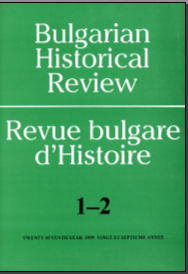
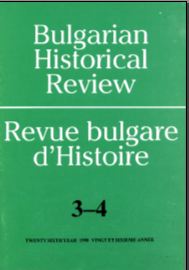
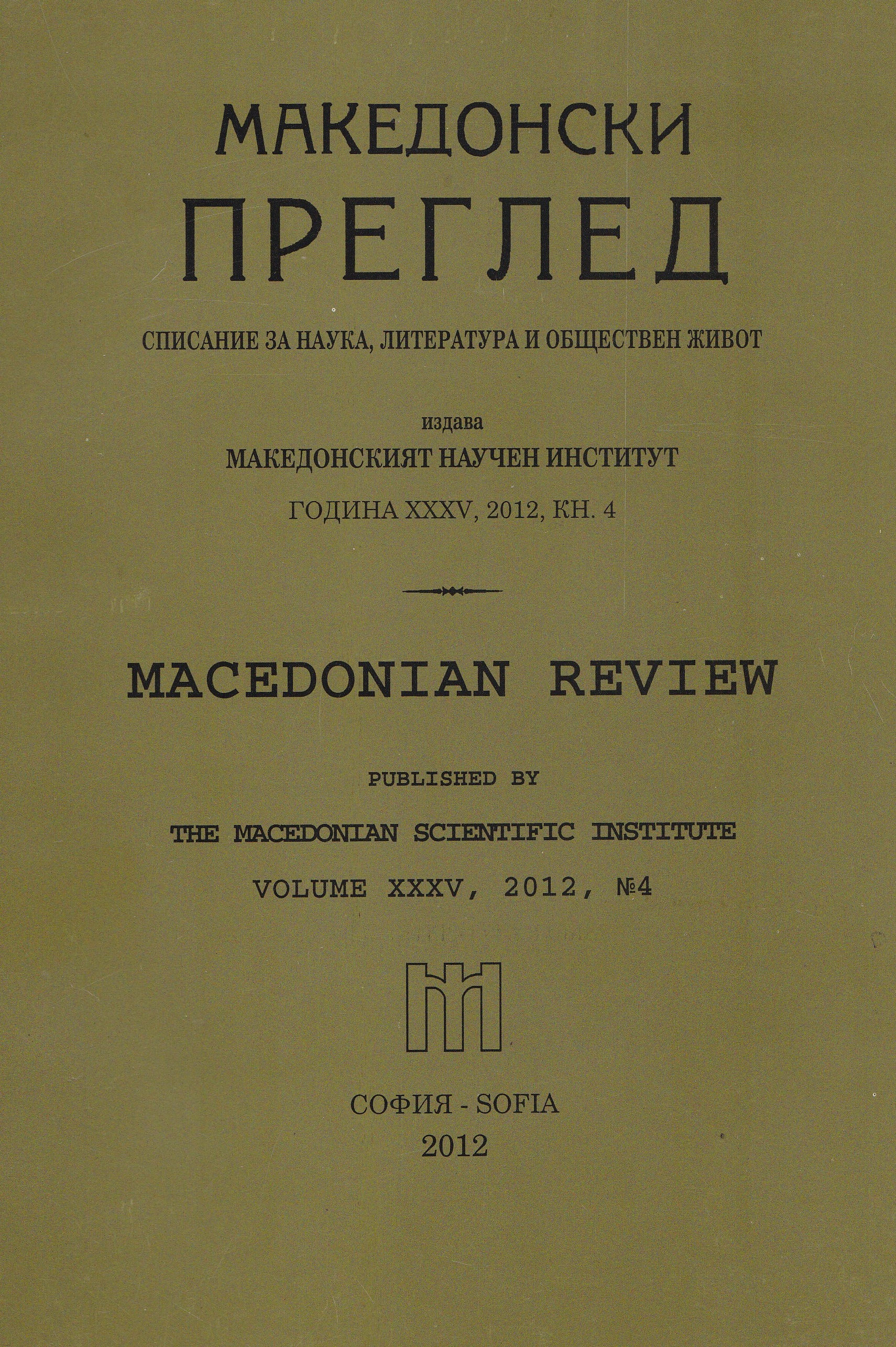

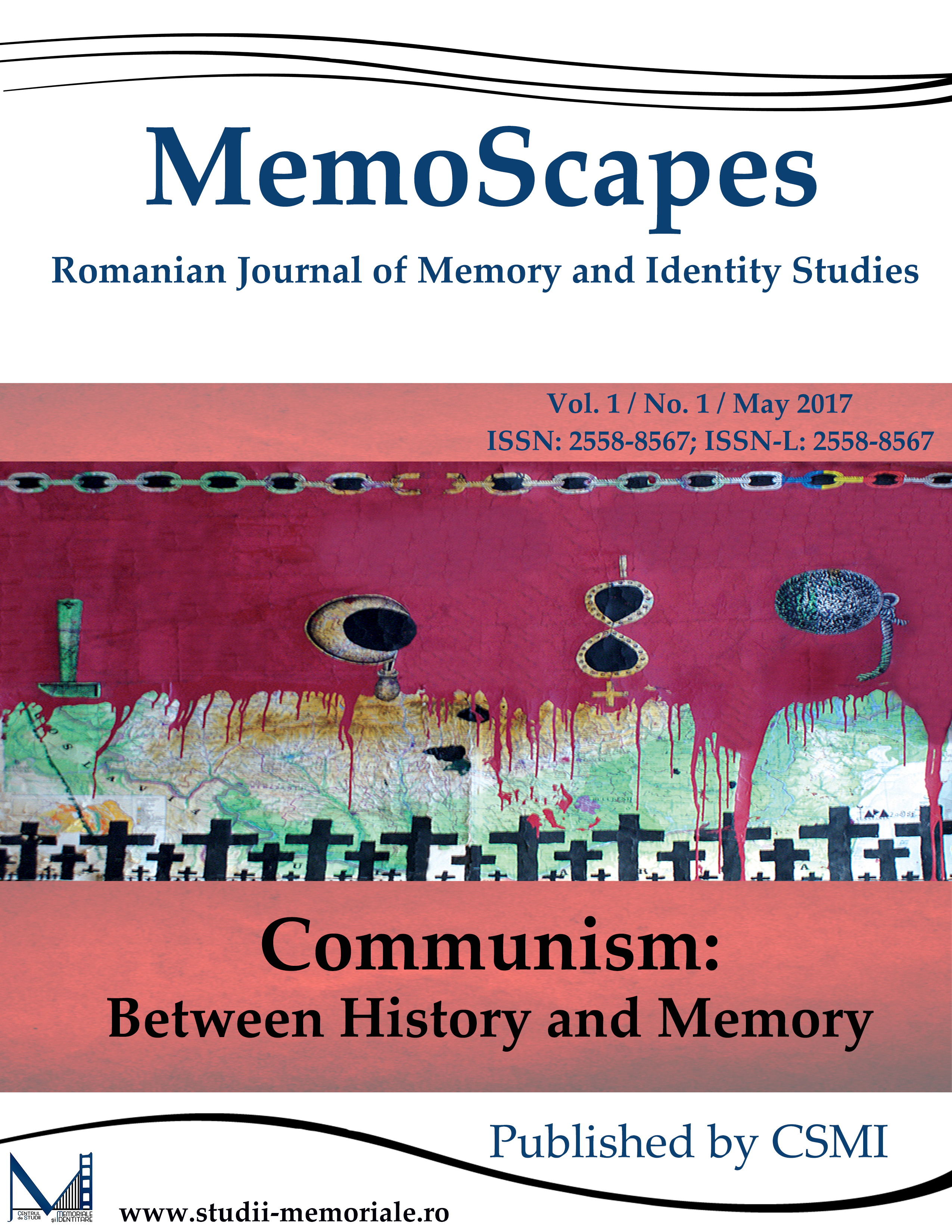
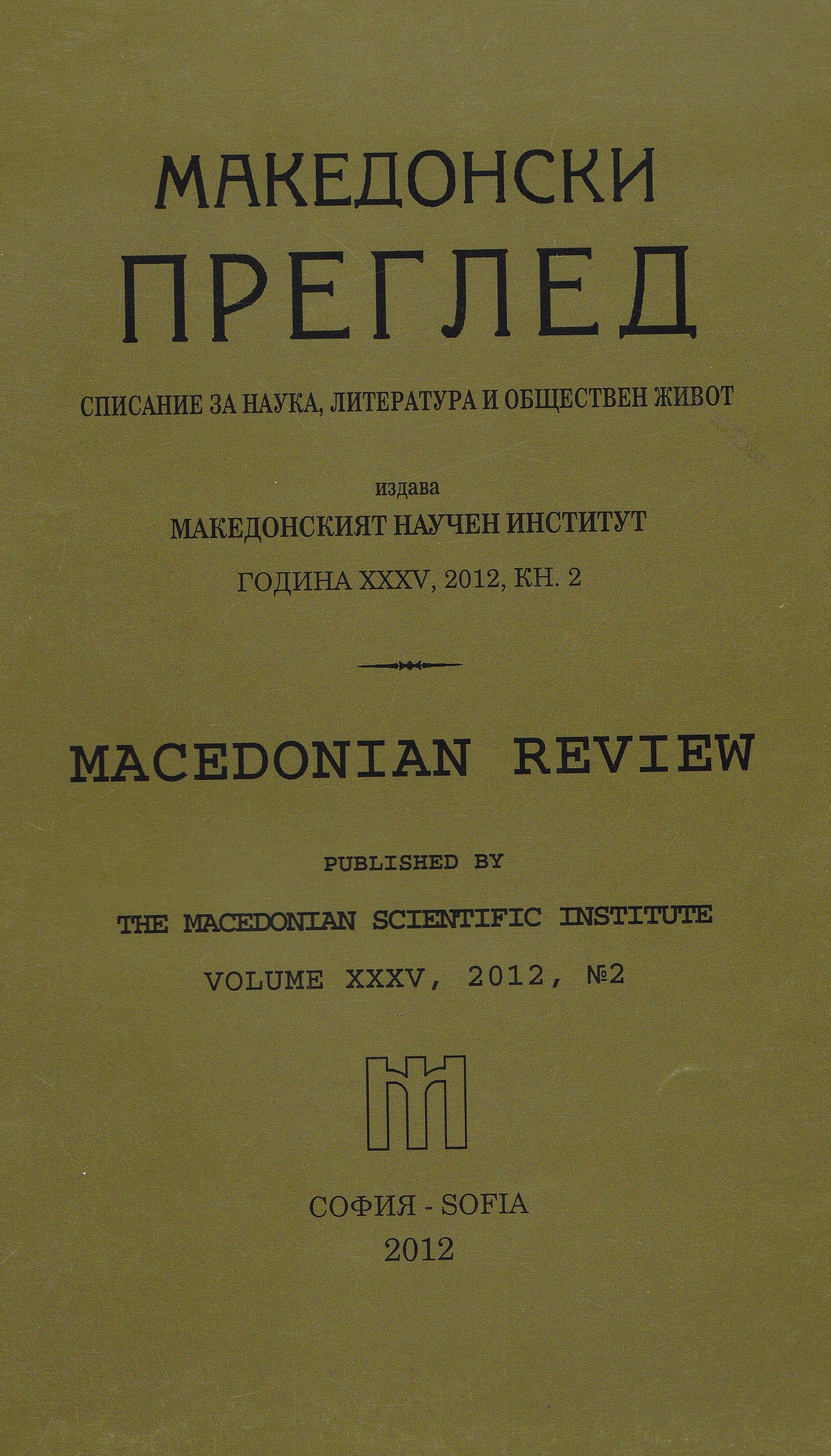
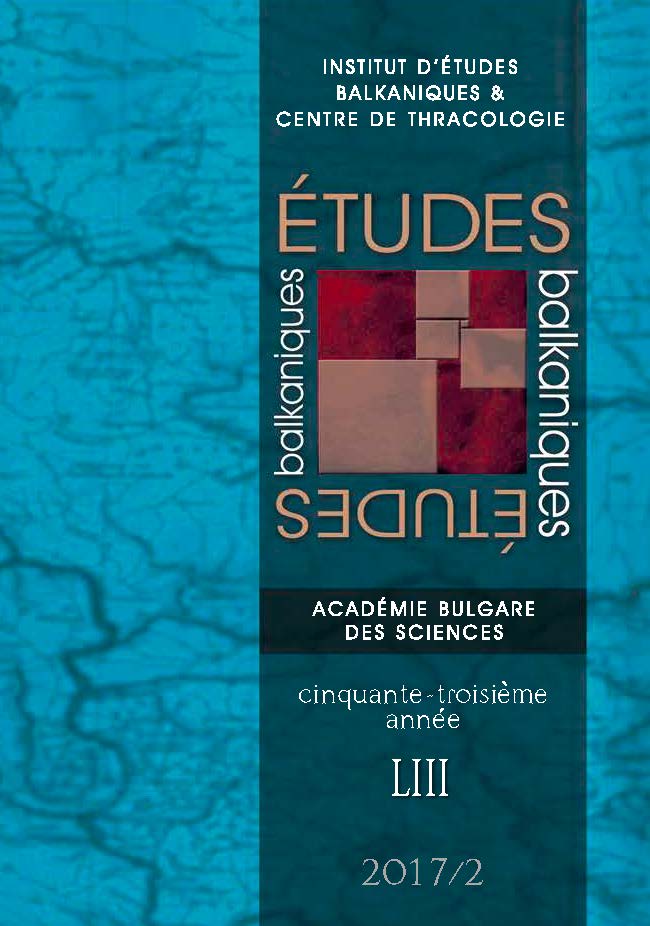
The Western and Central European travelers visiting the Balkan Peninsula from the 16th until the 19th century provide very important sources for the history of time in the region. Their time-sensitive and “outsider” position enables them to offer valuable information pertaining to time-keeping practices in the region, the “spread” of clock towers and the diffusion of watches, or the pace and geography of the use of the European timekeeping system. However, alongside their informative function, the writings of the European travelers contribute crucially to the construction of the region’s temporal “otherness” vis-à-vis “civilized” Europe. They create and convey to their ever expanding reader public a multitude of visual and acoustic representations which underpin and re-enact “the non-simultaneity” of the region and its culture. The purpose of the paper is to highlight, through the use of several examples drawn out from a large body of data, the main time related topics present in Western travelogues about the Balkans and inquire into the discursive processes and mechanisms employed in the construction of the region’s temporal “otherness”.
More...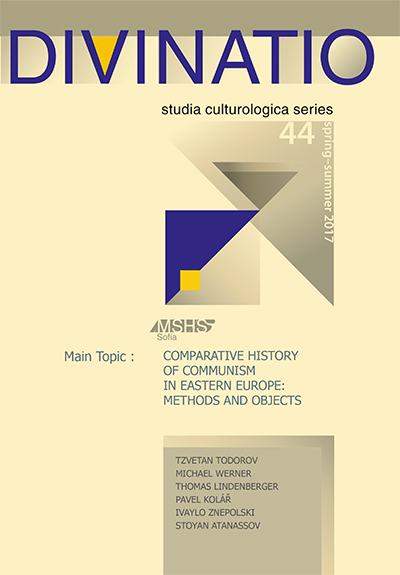


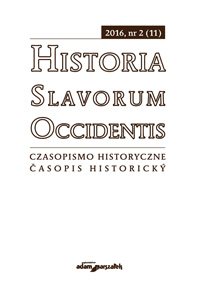
The text analyses the problem of the sanctity of rulers, especially non-martyrs, in Latin Europe in the Early and High Middle Ages. The starting point for this discussion is a frequently asked question about the reasons for the lack of such a phenomenon in Poland.
More...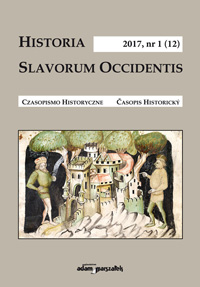
The position of Poland and Czechia in contemporary Europe, their mutual relations and significance of the areal studies in Central Europe. Czech Lands in comparative history of Central European macroregion in European and American historiographies, and a special position of the Polish research attitude. The asymmetry of the Polish studies in Czechia and the Czech studies in Poland. Scholars, essayists, and churchmen in the capacity of interpreters of the Czech issues. The national heterostereotypes in an interdiciplinary research and their role in social relations.
More...